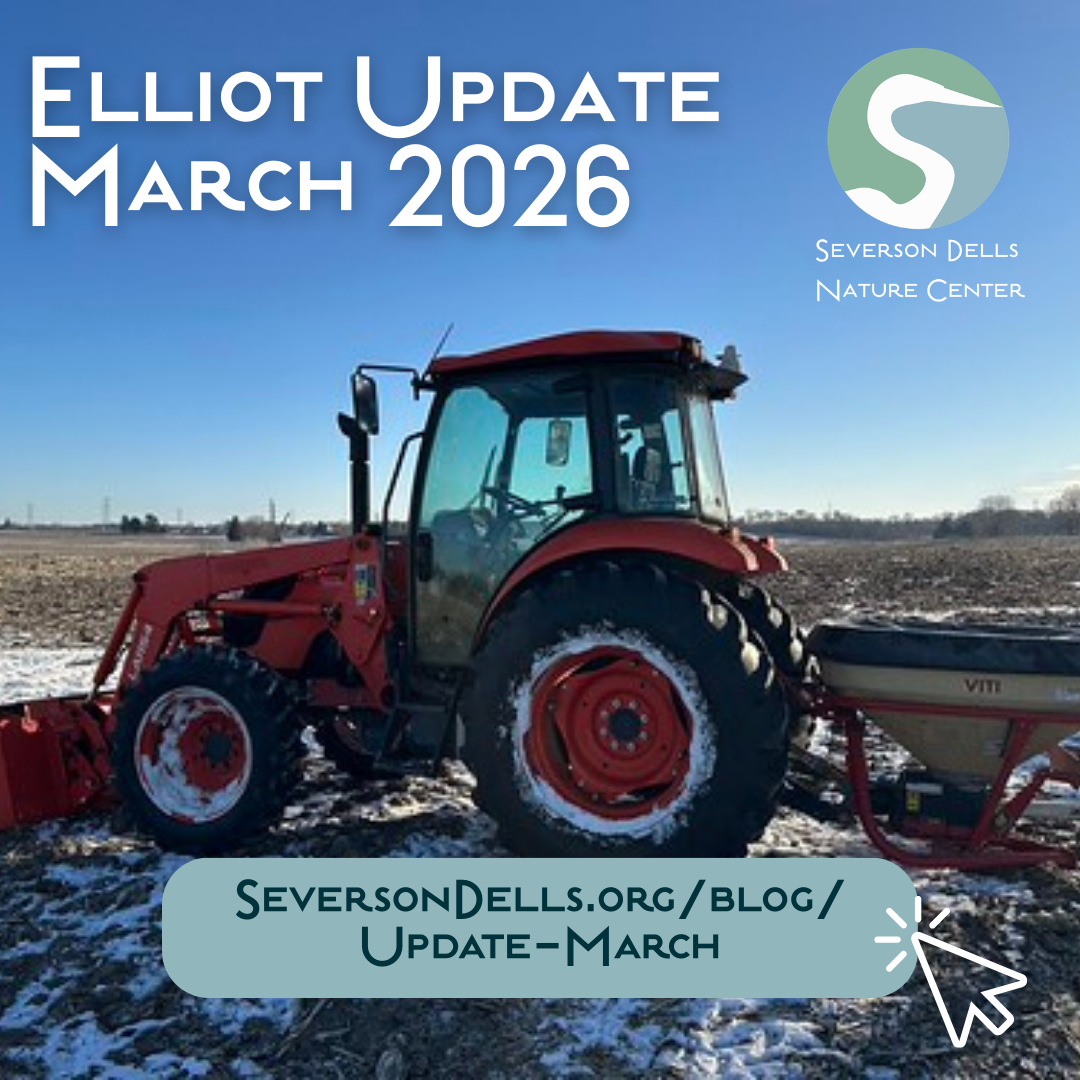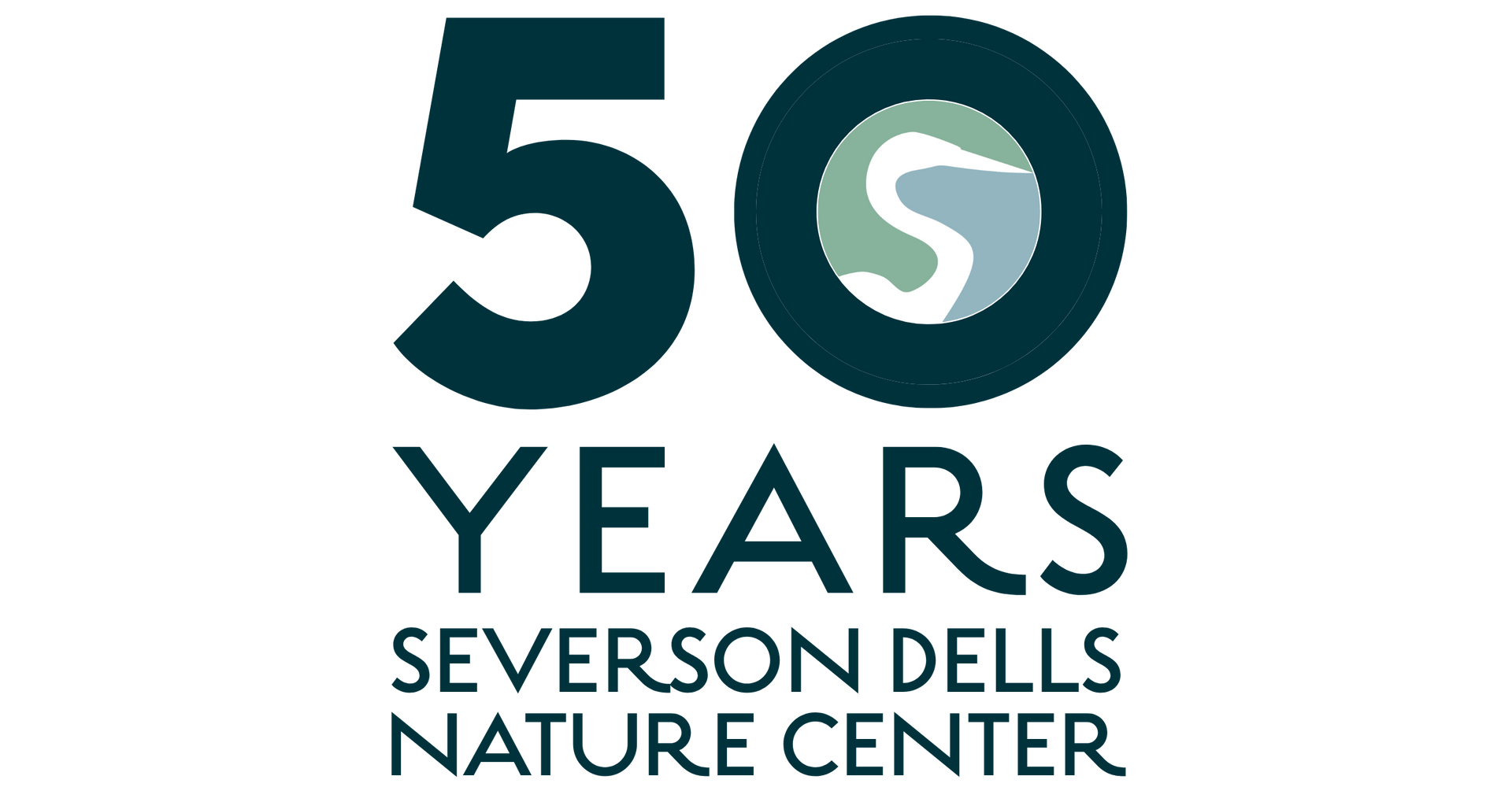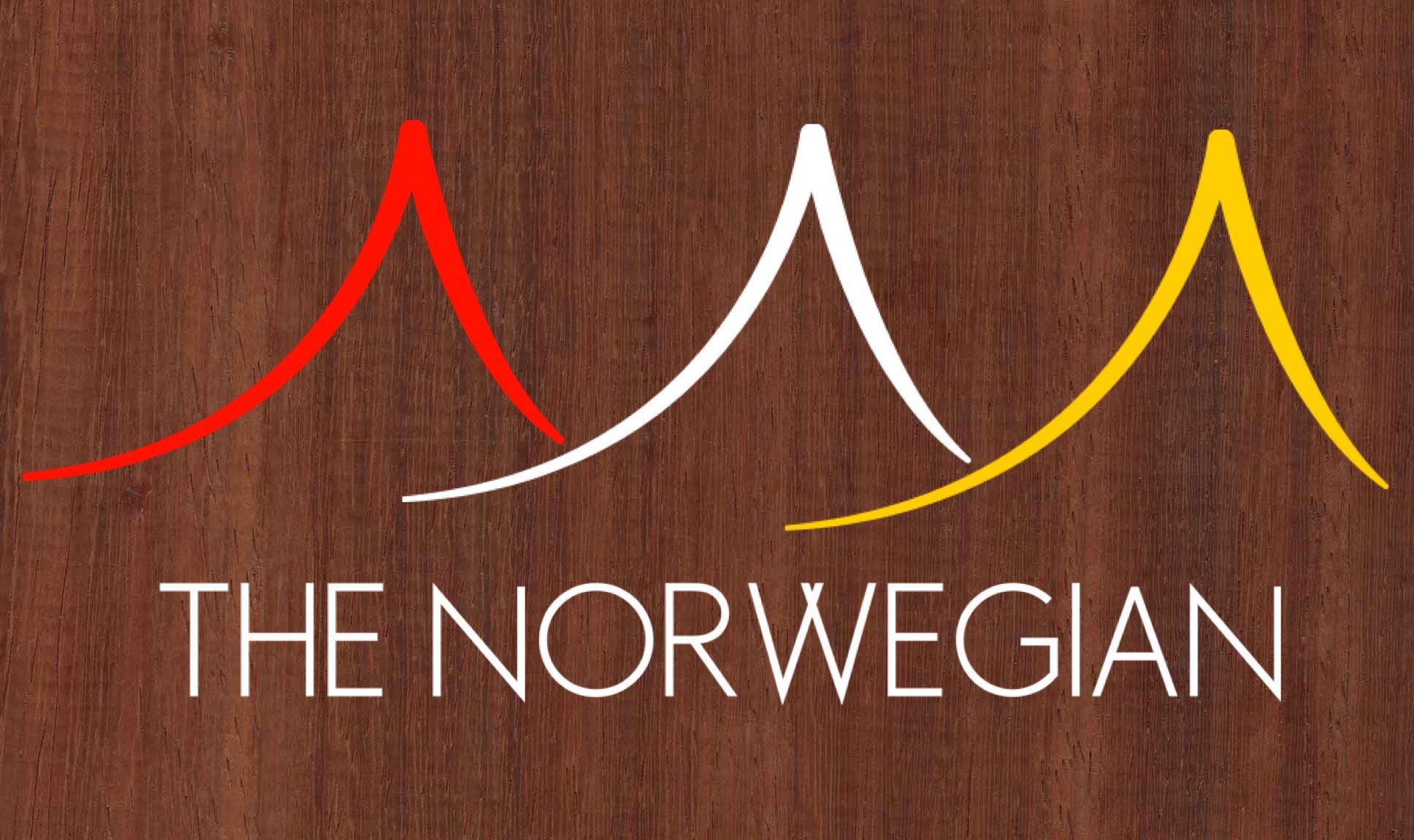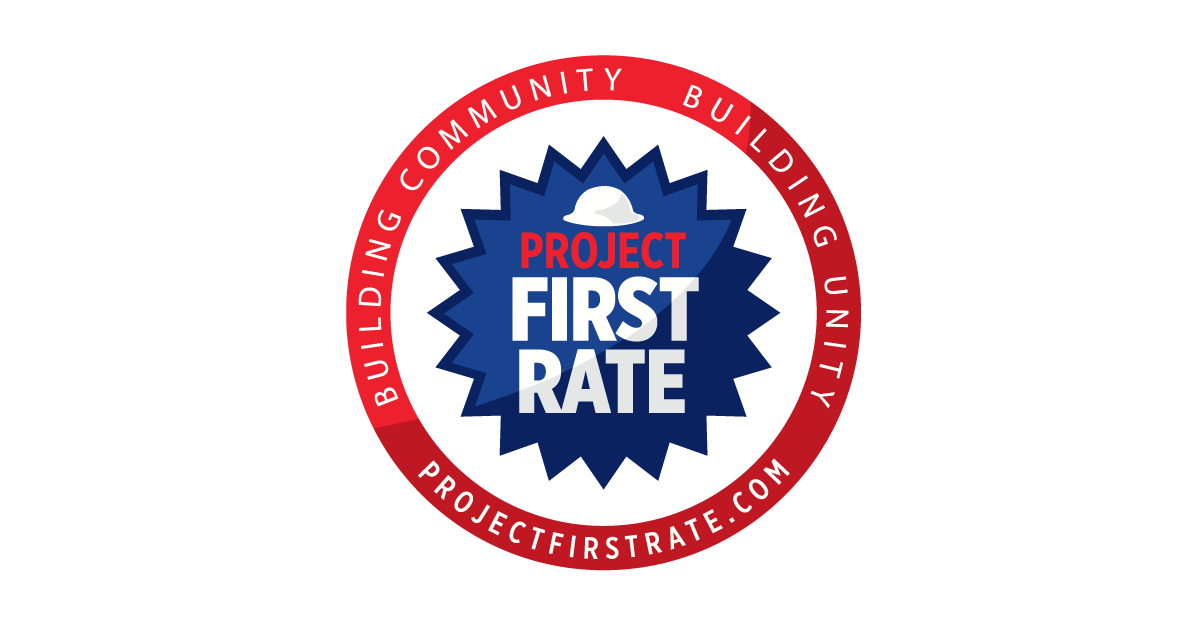FIELD NOTES BLOG
OAKtober
October is full of celebrations! Many people are familiar with the Germany born celebration of Oktoberfest, a widely attended festival centered around food, beer, and culture, of which celebrated agriculture in the 19th century. But now, October is celebrated in a variety of ways! Sometimes it’s a one day local event, or a weekend with food trucks and music, but my favorite variation has come from the naturalist community in the form of “OAKtober fest”. This celebration is conservation forward encouraging the appreciation of oak trees and their indisputable ecological value.
Oak trees are a staple of the midwestern landscape often featured in photographs, paintings, and storytelling. Their sprawling branches and whimsical acorns contribute to their intrinsic beauty but they are also essential ecosystem builders. Oak trees support more fungi, birds, insects, and mammals than any other genus of tree in
North America. This makes them a
keystone species and they are imperative to the structure and balance of the ecosystem in almost any environment. There are over
90 species of Oak that call North America their home and over
20 species native to Illinois. Illinois’ state tree is actually the White Oak!
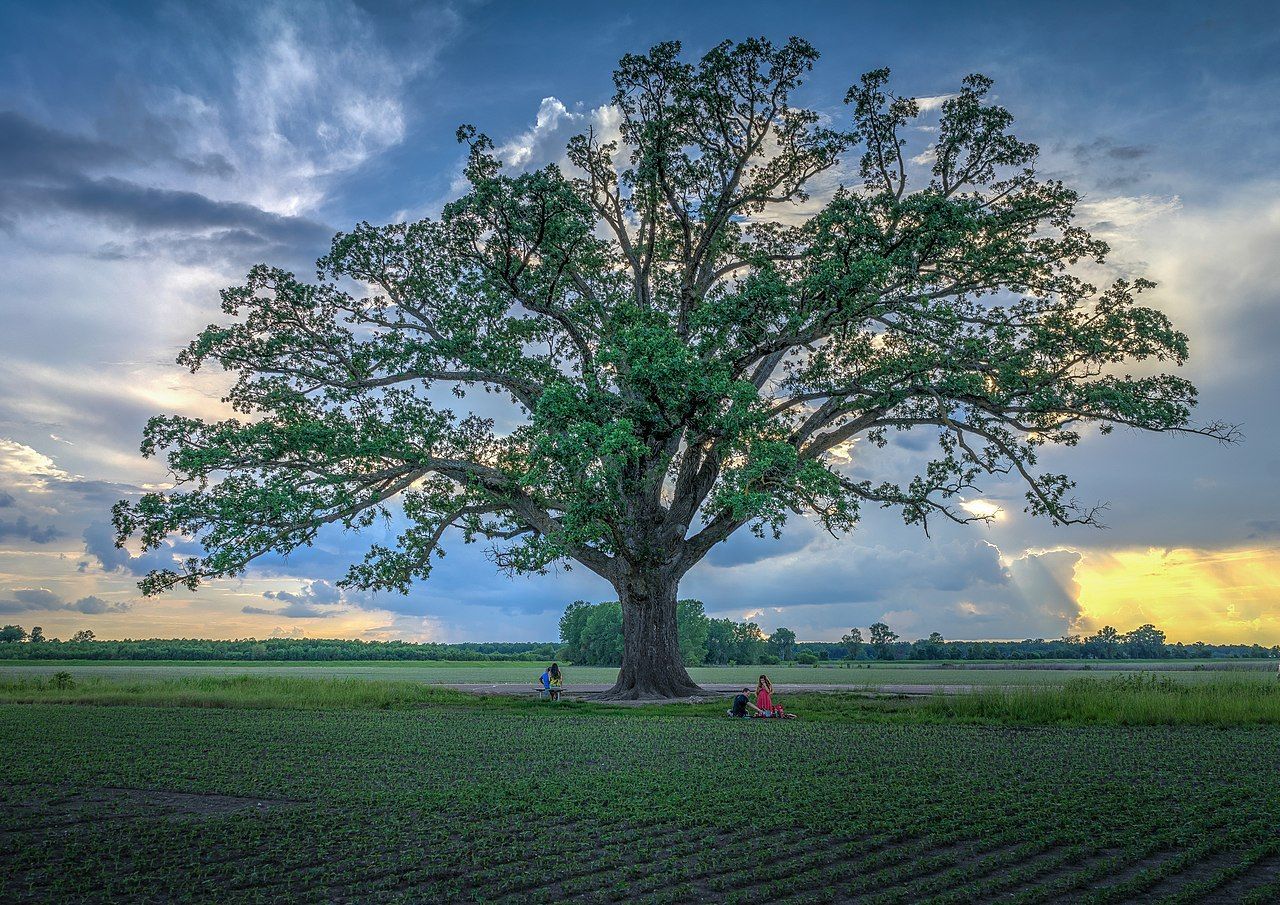
Unfortunately Oak trees are in decline due to climate change and habitat destruction. According to a report by the Morton Arboretum and the International Union for Conservation of Nature (IUCN), roughly 31% of the world's Oak species are threatened with extinction. Many Oaks have already been lost and this level of degradation would be devastating. But hope is certainly not lost! The state of Illinois officially recognized the month of October as Oak Awareness Month in 2015. The goal of this designation is to honor the significance of these trees by spreading awareness and promoting OAKtober celebrations all across the state.
These celebrations have grown in both popularity and diversity since 2015. Some events focus heavily on the educational component introducing conservation practices and Oak identification while others may be more kid friendly with hikes, crafts, and games. The city of
Glen Ellyn includes an Acorn toss and Acorn obstacle course in their celebration! Many of the gatherings also end in an Oak planting to signify the growth and resilience of the species. OAKtober programs have even spread past the borders of Illinois. My college in Iowa hosted an OAKtoberfest event during my junior year and it is still one of my favorite memories! There was a guided nature hike focused on the species and history of oaks on campus, an oak leaf craft, and a Kombucha tasting. It was such a meaningful way to embrace the fall season and offer our respect to a well deserving species.
For a local celebration you can attend the Natural Land Institute's (NLI) OAKtober hike. Check out their
website for more details! Participating in an OAKtober celebration is one of the many ways you can combat Oak decline and raise awareness for such incredible organisms. If you are unable to attend an OAKtober event there are other ways you can help! You can:
- Preserve Oak saplings by joining a restoration work day focused on clearing the invasive species Buckthorn and Honeysuckle. Severson’s upcoming restoration work day is October 12th but there are many more in the area!
- Read Doug Tallamy’s book ‘The Nature of Oaks: The Rich Ecology of Our Most Essential Native Trees’.
- Communicate the importance of Oak trees to those around you and encourage them to join the conservation efforts.
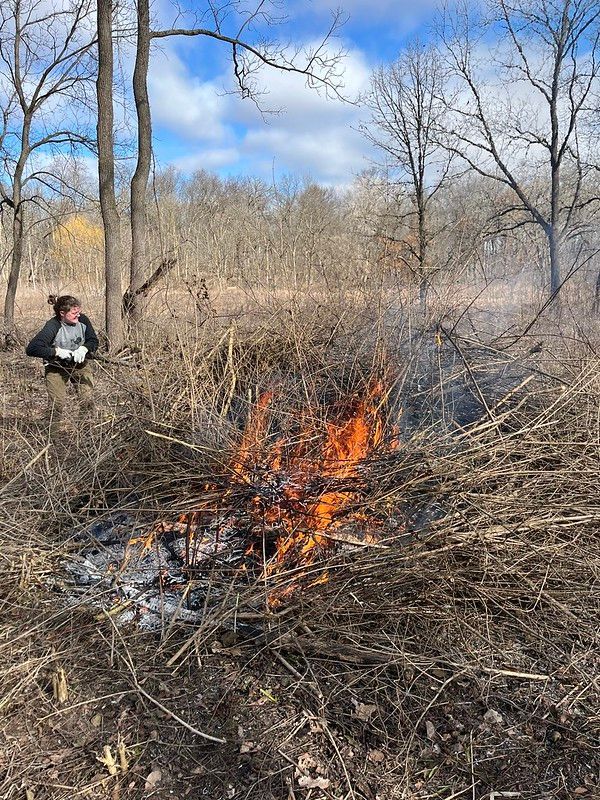
OAKtober is a great way to highlight the importance of the amazing keystone species we are lucky enough to see here at Severson every day. But the fun doesn't have to stop at the end of the month! Oaks can be honored all year long for their intrinsic value as an essential part of the ecosystem and their magnificent presence. Next time you see one of our burly Oak friends, offer it thanks and a happy OAKtober!

RECENT ARTICLES
